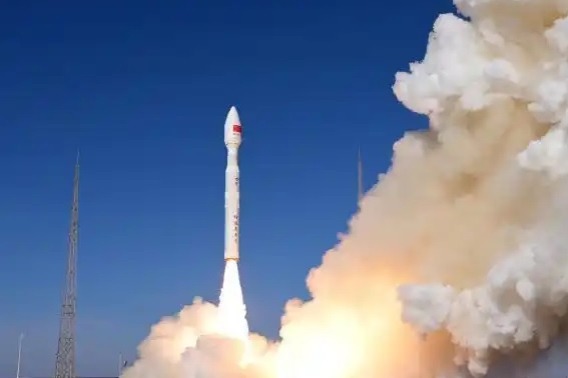Nation to step up its basic research

Companies should play bigger roles in studying information networks, smart grids, artificial intelligence and the efficient, clean use of coal, as well as other major projects, Wang said.
China will pump more resources into basic science, such as math, chemistry, physics and emerging sciences such as information technology, biology and material sciences. The nation will also create ways to encourage companies and local governments to support basic research, he said.
Using science to facilitate China's high-quality economic growth is also a priority for this year. China will apply big data and 5G telecommunication technologies to modernize existing manufacturing industries, and use new technologies to help the rural regions develop, he said.
Environmental protection, health and medicine, waste management, climate change and other subjects closely related to people's everyday lives should also see more improvement and solutions as science develops, Wang said.
China will step up its efforts to attract quality foreign talent and actively take part in global scientific projects, such as the International Thermonuclear Experimental Reactor, the Group on Earth Observations and the Square Kilometer Array.
At the same time, China will create a national mechanism to supervise scientific work, properly manage risks and punish illegal research practices. The nation will also speed up the process of building a national database for keeping track of academic integrity, improve regulations related to research ethics and vigorously investigate and punish academic misconduct, Wang said.
- Chinese scientists use allergy-like immune response for cancer therapy
- Marine ecology off South China's Hainan Island remains favorable, report says
- Beijing to see first major snow of the season
- Fire-hit homeowners to get HK$100,000 subsidy
- Brain-computer interface gives hope to paralyzed people
- Experts look to establish guidelines for safe, ethical trials




































